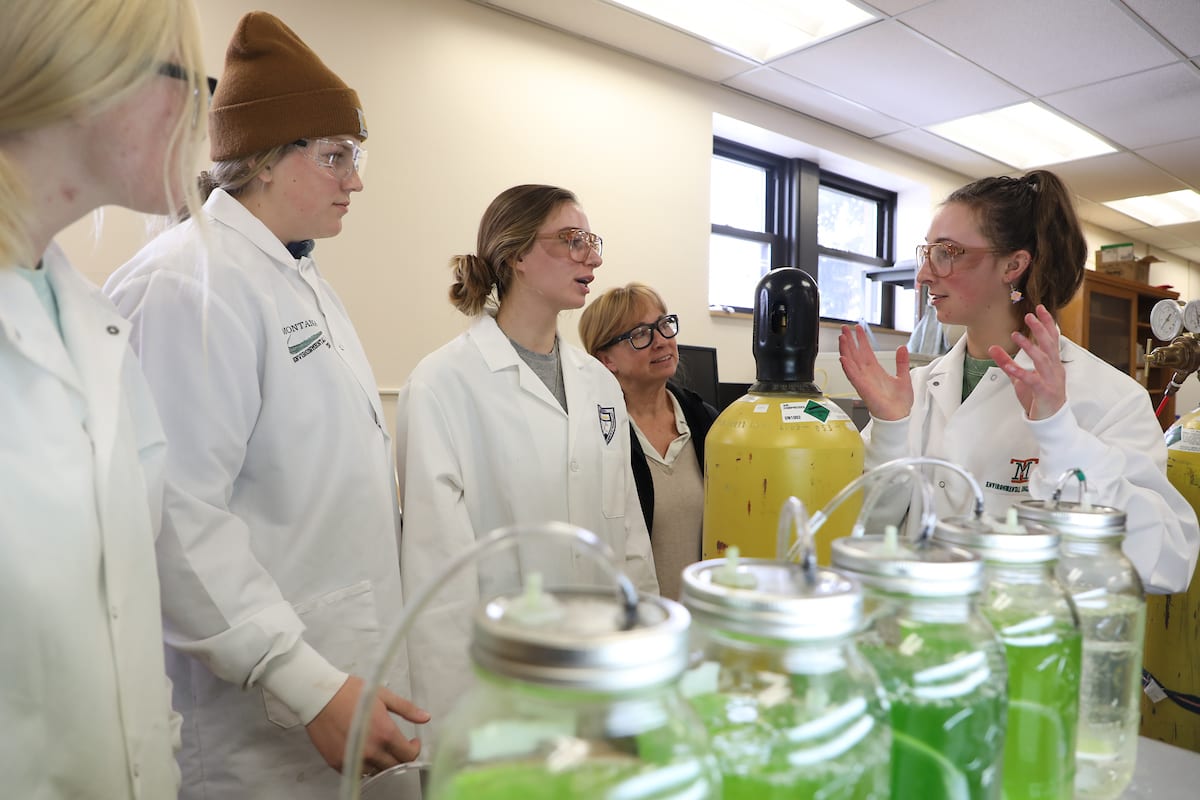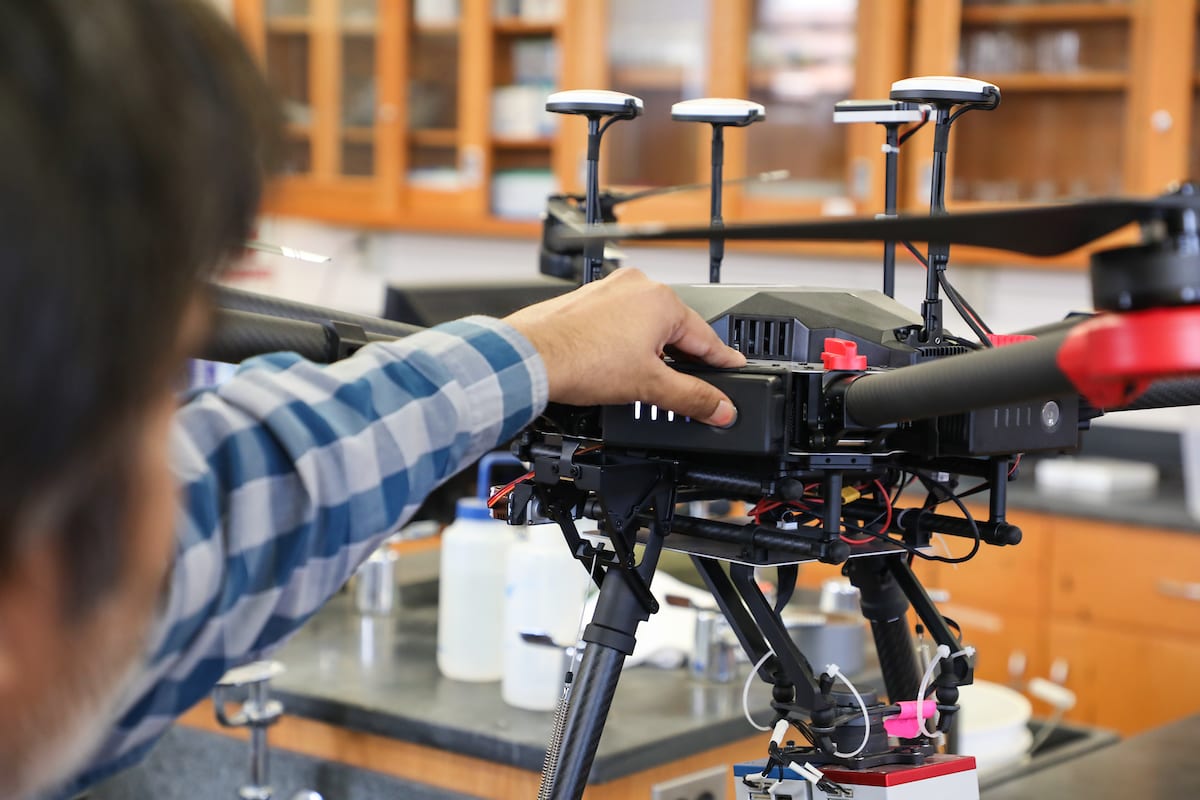
Established in 2000, the Center for Environmental Remediation and Assessment [CERA] undertakes outcome-orientated research to better understand the nature and extent of environmental impacts and works to collaboratively develop and validate opportunities to remedy these impacts and improve our Planet.
The vision underlying the proposed collaborative research programs is to use the State of Montana’s 50-year history in large and small-scale remediation and restoration as a learning platform for other states and regions. CERA achieves this through development of environmentally acceptable technologies and climate resilient remediation and restoration processes which provide an opportunity for permanent and sustainable site clean-up and restoration; land, water and waste reuse; and increased community value.
This center addresses a number of important questions, including:
Can critical minerals be extracted from mining wastes and power our next great electrification efforts?
Can the remediated lands provide greater use as renewable energy locations or restored lands for carbon sequestration?
Can we use our waste materials to aid in our environmental clean ups and restoration?
Can we improve the resiliency of the remedies as our climate changes?
The CERA collaborative research program is focused on both physical and societal aspects of environmental impact and restoration/re-use.
Advance the science for natural resource extraction waste management and decommissioning practices to improve and create new technologies and products which remediate and beneficially reuse waste resources while minimizing impact.
Develop and evaluate energy transition environmental technologies, traditional knowledge and community socio-economic factors to make available for land reuse and environmental decision-making.
Develop and evaluate climate adaption strategies which integrate carbon footprint assessment with technological development, design and evaluation.
Develop and evaluate sustainable and reliable remediation/restoration techniques which take into account changing climatic conditions.
Develop and prepare a workforce continuum for the future, K-12 [CFWEP], Trades and Technical [Highlands College] and graduate and undergraduate students to develop, design, install, operate and maintain our future natural resource facilities and restored ecological systems.
This DayOne we are asking you to consider a gift to The Class of 1964 Undergraduate Research Program Support Endowment to support the work of CERA with funds benefiting undergraduate research stipends.
During DayOne when you make a gift to The Class of 1964 Undergraduate Research Program Support Endowment thanks to a generous gift from alumnus Frank Trask '64 your gift will be matched 1:1 up to $35,000.
Thank you for your support and please help us spread the word! Share this project on social media, by email and tell your friends!


| Rank | State | Gifts |
|---|---|---|
| 1 | MT | 6 |
| 2 | AA | 0 |
| 2 | AE | 0 |

